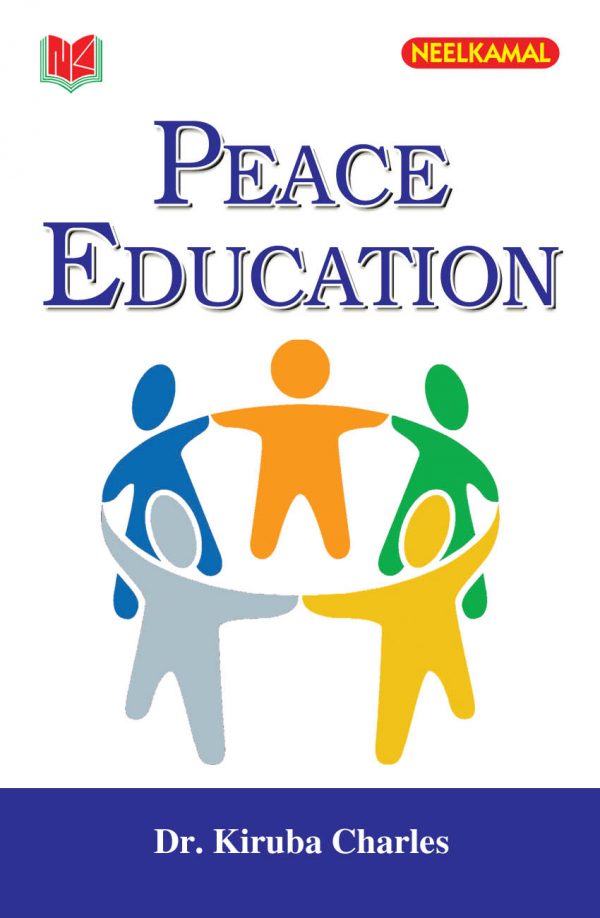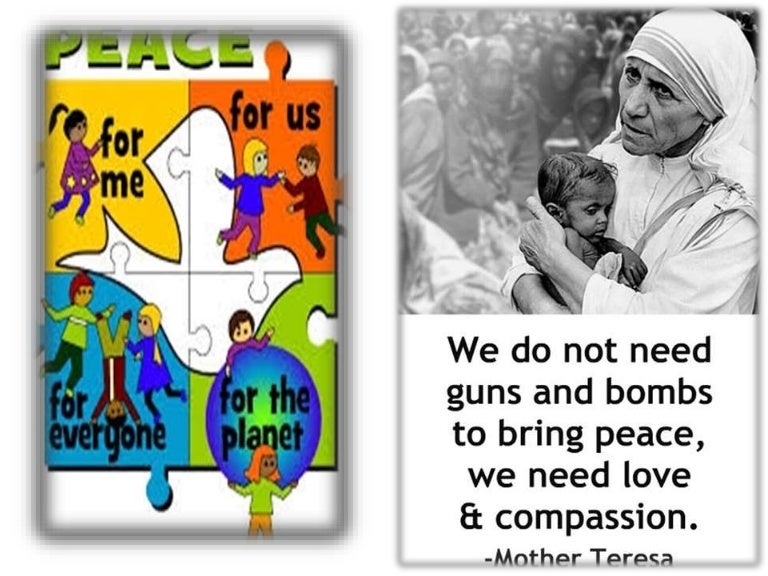
Peace education is designed to change the cultural leanings of children so that future generations are less violent and more oriented towards harmonious co-existence. It was originally designed to lessen the possibilities of a nuclear holocaust and decrease the chances of global war. Over the years, peace education has evolved to offer a more comprehensive set of skills, including interpersonal techniques for dealing with people on a day-to-day basis and teaching children to maintain inner peace.

The ultimate hope for peace education is that the children will grow up with a respect for peace and an understanding of how to implement it. Groups who favor peace education think that this knowledge will eventually lead to a more peaceful society. There is often more focus on peace education in cultures where there is a lot of war or ethnic tension.

Peace Education Program

One of the fundamental aspects of peace education is teaching children to be more tolerant of differences in other societies. The approach used to teach these skills can vary depending on the culture being taught. Teachers will generally look to find a specific way of dealing with the personal prejudices and any regional issues in a given population. Sometimes allowances will be made for particular cultural leanings in order to achieve a more effective outcome. Peace education aimed at one society might even seem offensive on the surface to people in another society, but it is generally aimed at achieving the same basic goal.
Peace Education Theory
Over the years, peace education has often become more focused on personal strategies for peace. One of the main ideas is that if a person feels peaceful inside, he or she is less likely to act in an aggressive or violent way. Many peace educators focus on teaching children to live in a peaceful state at all times, discouraging aggression and other negative feelings or behaviors.
Peace education encompasses the key concepts of education and peace. While it is possible to define education as a process of systematic institutionalized transmission of knowledge and skills, as well as of basic values and norms that are accepted in a certain society, the concept of peace is less clearly defined. To provide a non-traditional educational opportunity for out-of-school youth, ages 16-21, who desire to achieve a high school diploma and a new chance to fully participate in the economic and social spheres of life through guidance and support.
Peace Education
A common focus of peace education is teaching children strategies for achieving peace, both on a personal and global level. They will generally learn about ideas like maintaining strength in order to discourage conflict, and mediation between parties in disagreement. Many classes teach children about the different issues that can lead to war, along with strategies for dealing with those issues. The kids are often encouraged to use these skills in their daily lives, and especially with other students. The general hope is that practical daily experience in implementing peace may translate into effective strategies on a global level as the children mature into adults and take leadership positions.
